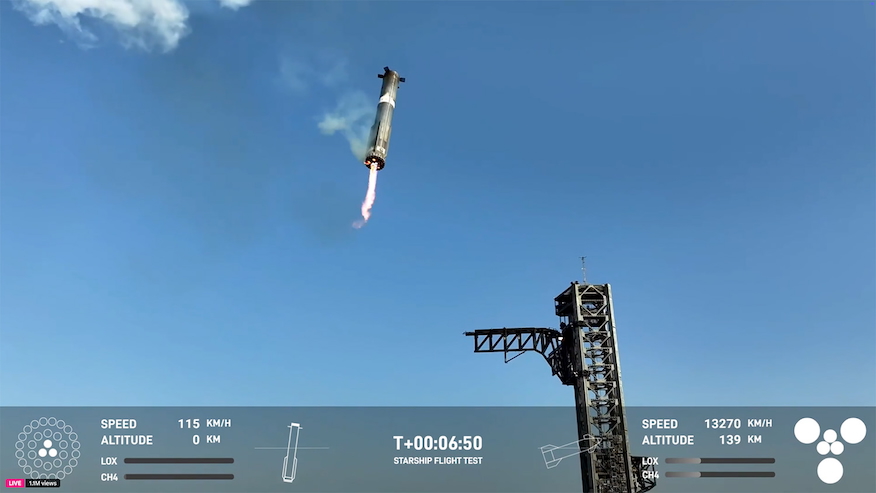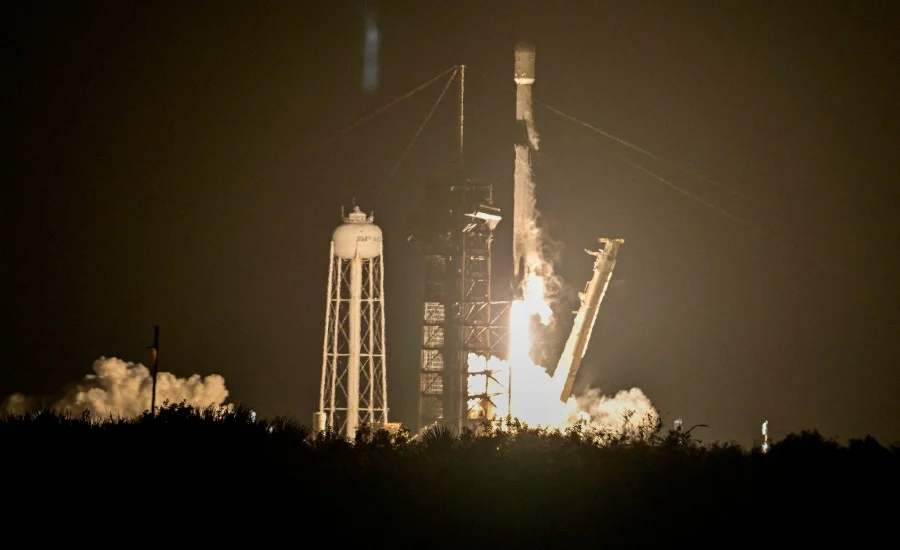Chinese Researchers Achieve Breakthrough in Extracting Medical Nuclides for Cancer Treatment
Chinese researchers have successfully extracted high-purity lead-212 and bismuth-212 nuclides from rare earth minerals, marking a significant breakthrough for medical applications, the University of South China’s press center announced on Wednesday. This achievement is seen as a crucial step toward ensuring self-sufficiency in the production of critical medical nuclides in China, which are essential for targeted alpha-nuclide therapy (TAT) — a promising treatment for various cancers, including breast, pancreatic, and prostate cancer. The researchers developed a new, efficient, and low-cost method for separating these nuclides from natural thorium-232 using a silica-supported anion exchange resin (SiPyR-N4). This innovative technique, which is over six times faster than traditional methods, holds great promise for overcoming the current limitations in the supply of these short-lived nuclides. In addition to lead-212 and bismuth-212, the team, led by Professor Wei Yuezhou, is also working on extracting other critical nuclides such as radium-228, thorium-228, and radium-224. The findings have already been published in leading international journals, and the team has applied for a national invention patent for their groundbreaking work.



